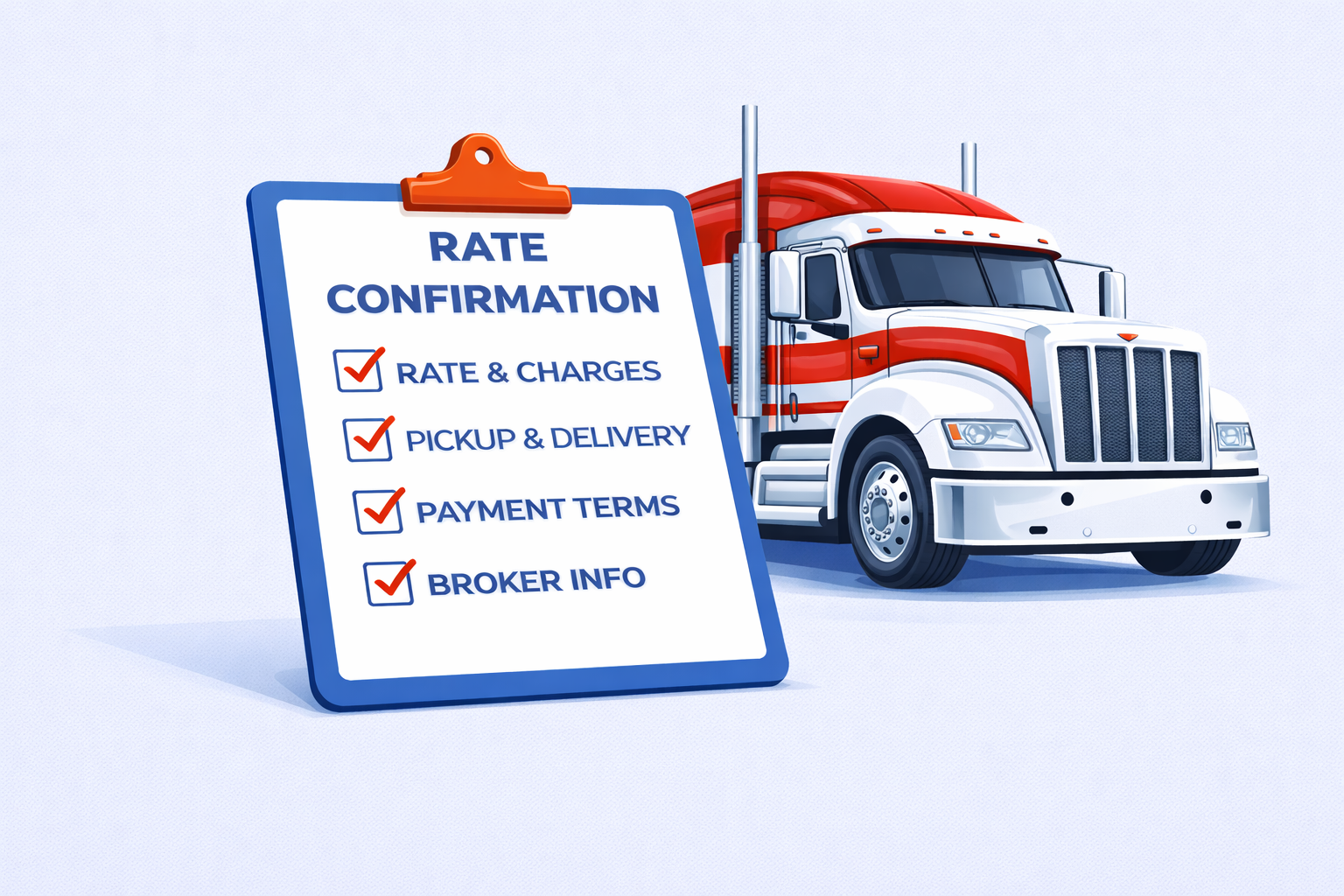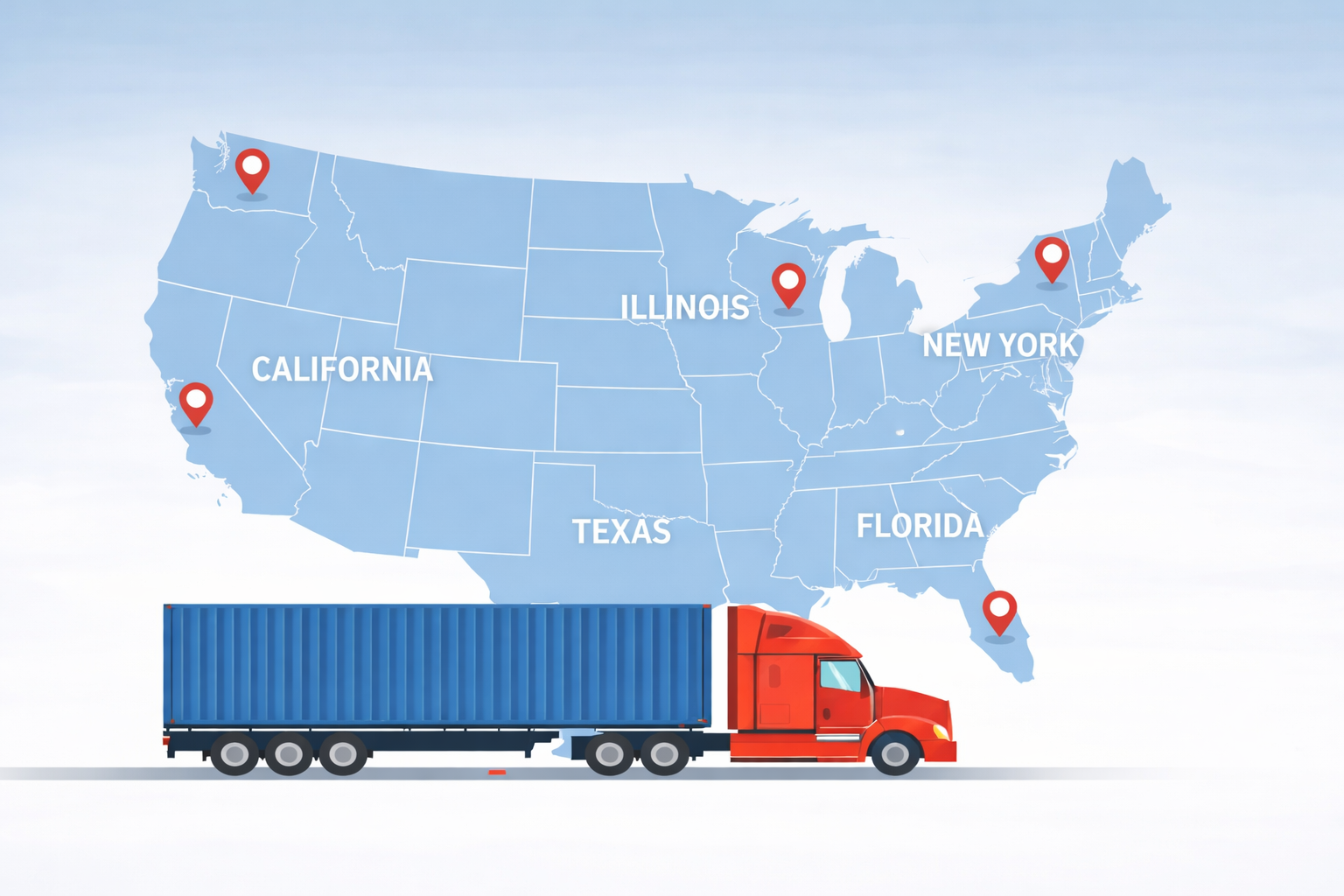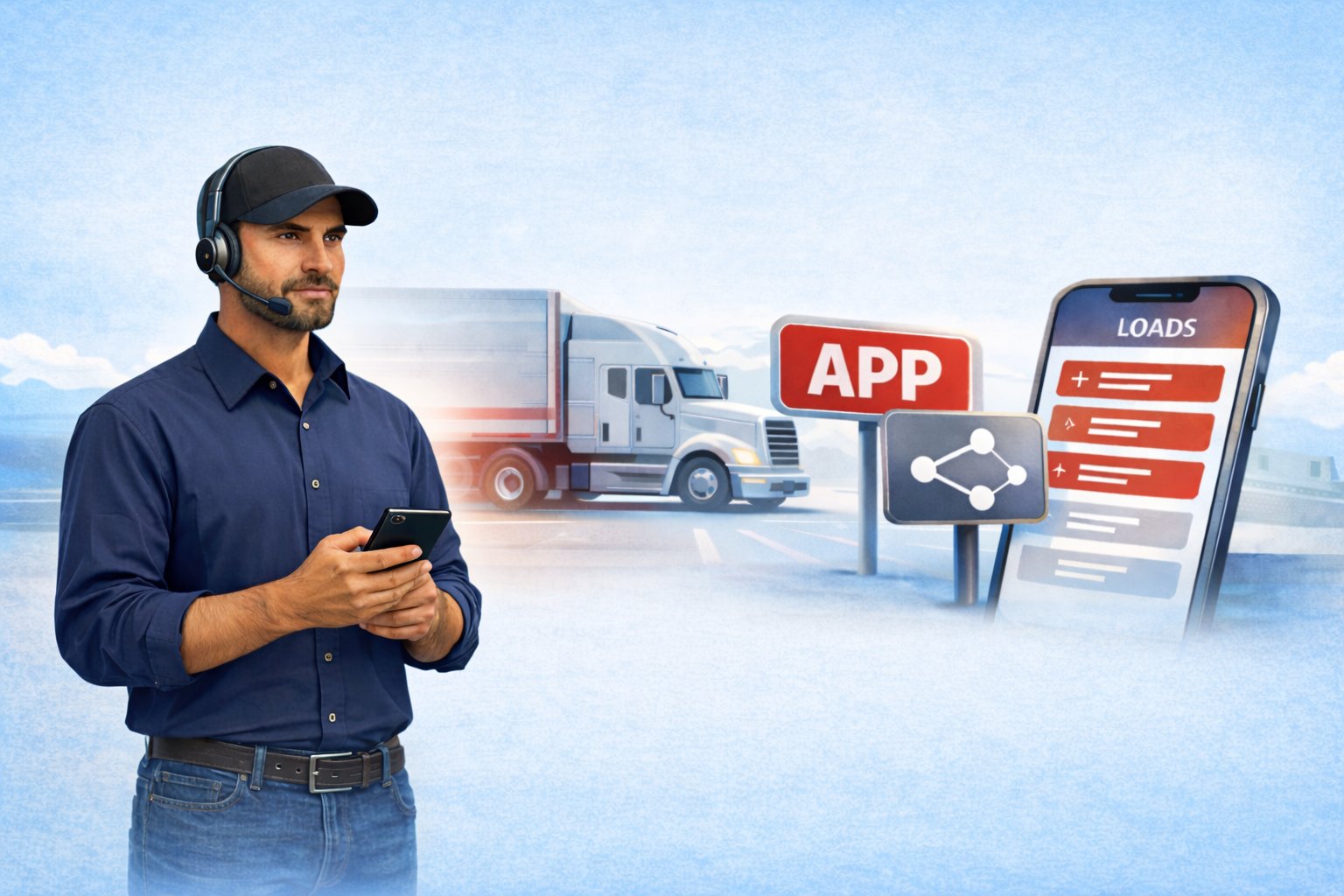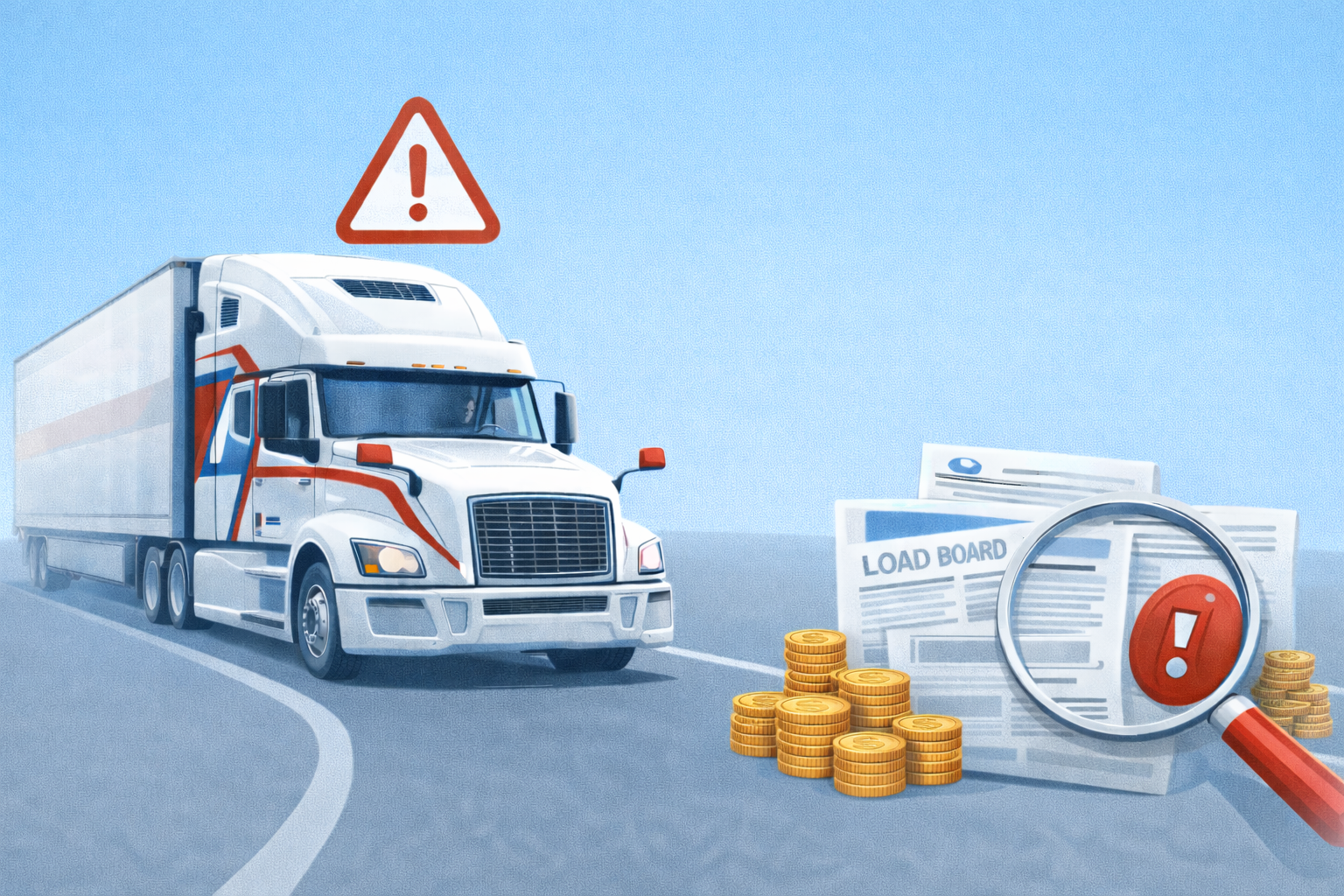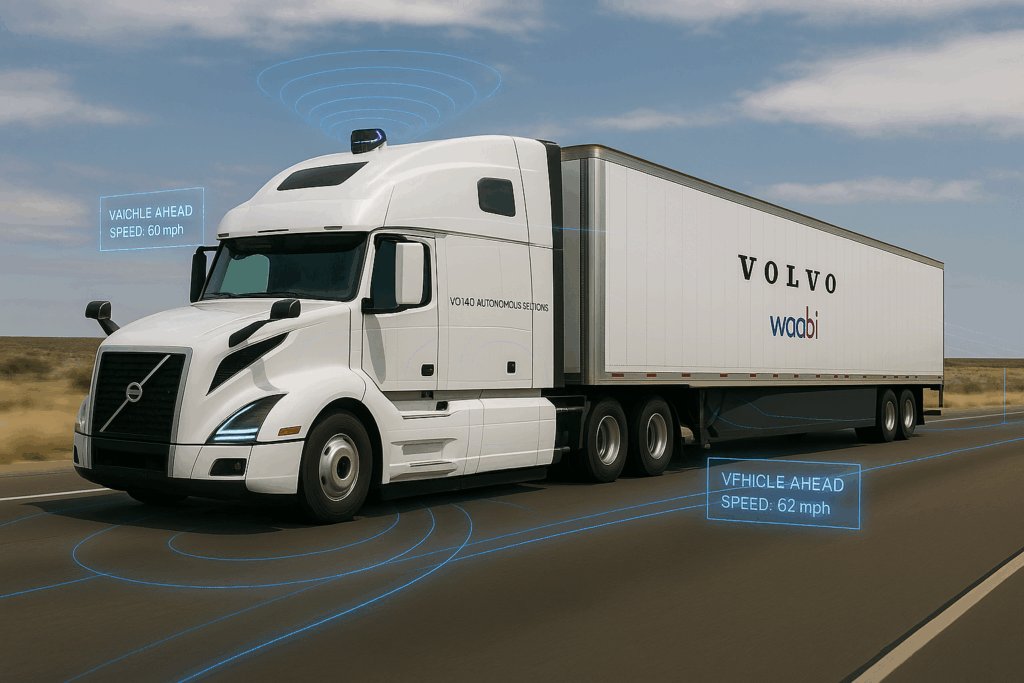
A Major Step Toward Driverless Freight
Volvo Autonomous Solutions and Waabi have reached a new milestone in autonomous trucking. The companies announced that the Waabi AI Driver has been successfully integrated into the Volvo VNL Autonomous truck – a purpose-built vehicle designed for safe, driver-out operations.
This marks one of the most advanced collaborations in the autonomous freight industry so far, moving the technology from testing toward real-world deployment.
What the Integration Means
The Volvo VNL Autonomous is equipped with multiple backup systems – including steering, braking, and communication – to ensure safety even without a human behind the wheel.
By combining these redundancies with Waabi’s advanced self-driving software, the two companies aim to deliver a truck capable of operating safely and efficiently on U.S. highways.
“Together with Volvo, we are leading autonomous trucking forward,” said Raquel Urtasun, Founder and CEO of Waabi. “The Volvo VNL Autonomous, powered by the Waabi Driver, is the next step in ushering in a stronger, safer, and more efficient era in transportation.”
Waabi’s system uses an interpretable AI model that allows it to adapt to different routes and conditions, a key step toward scaling commercial use across multiple regions.
Focus on Safety and Real-World Deployment
Both companies emphasize that safety comes before expansion.
“Autonomy has the potential to address some of the biggest challenges in the transport industry, including safety, efficiency, and capacity,” said Nils Jaeger, President of Volvo Autonomous Solutions. “By working together, we’re laying the groundwork for a more resilient future for freight.”
Waabi has tested its driver technology on public roads for three years and expects its driverless software to be ready by the end of 2025.
Until Volvo’s fully redundant hardware platform is complete, Waabi will continue using an observer in the cab to monitor operations.
How It Affects Carriers and Dispatchers
Autonomous trucks are still in limited testing, but the technology is progressing quickly across the U.S., especially in Texas and the Southwest.
For carriers and dispatch teams, this development points to several long-term changes:
- Reduced driver shortages on long-haul routes
- More predictable delivery schedules with continuous operation
- Lower fatigue-related risks and improved safety
- New dispatch roles focused on monitoring and coordinating autonomous units
Autonomous systems will not replace human drivers overnight. For now, fleets are expected to run mixed operations – human-driven and AI-assisted trucks working together.
Preparing for the Future of Freight
For now, Waabi and Volvo’s progress represents a test-stage success, not an industry shift – but the direction is clear.
As more partnerships like this one emerge, dispatchers, carriers, and logistics teams will increasingly rely on real-time visibility tools, digital paperwork, and AI-supported route management to stay ahead.
The Volvo VNL with Waabi AI Driver signals what’s next: technology built for real roads, designed to make freight movement safer and more efficient – with people and automation working side by side.
Keep Rolling While the Industry Evolves
Autonomous trucks may be the future, but today’s freight still depends on skilled drivers and reliable dispatchers.
Logity Dispatch connects you with high-paying loads and the human support helping you keep earning while the industry evolves.


